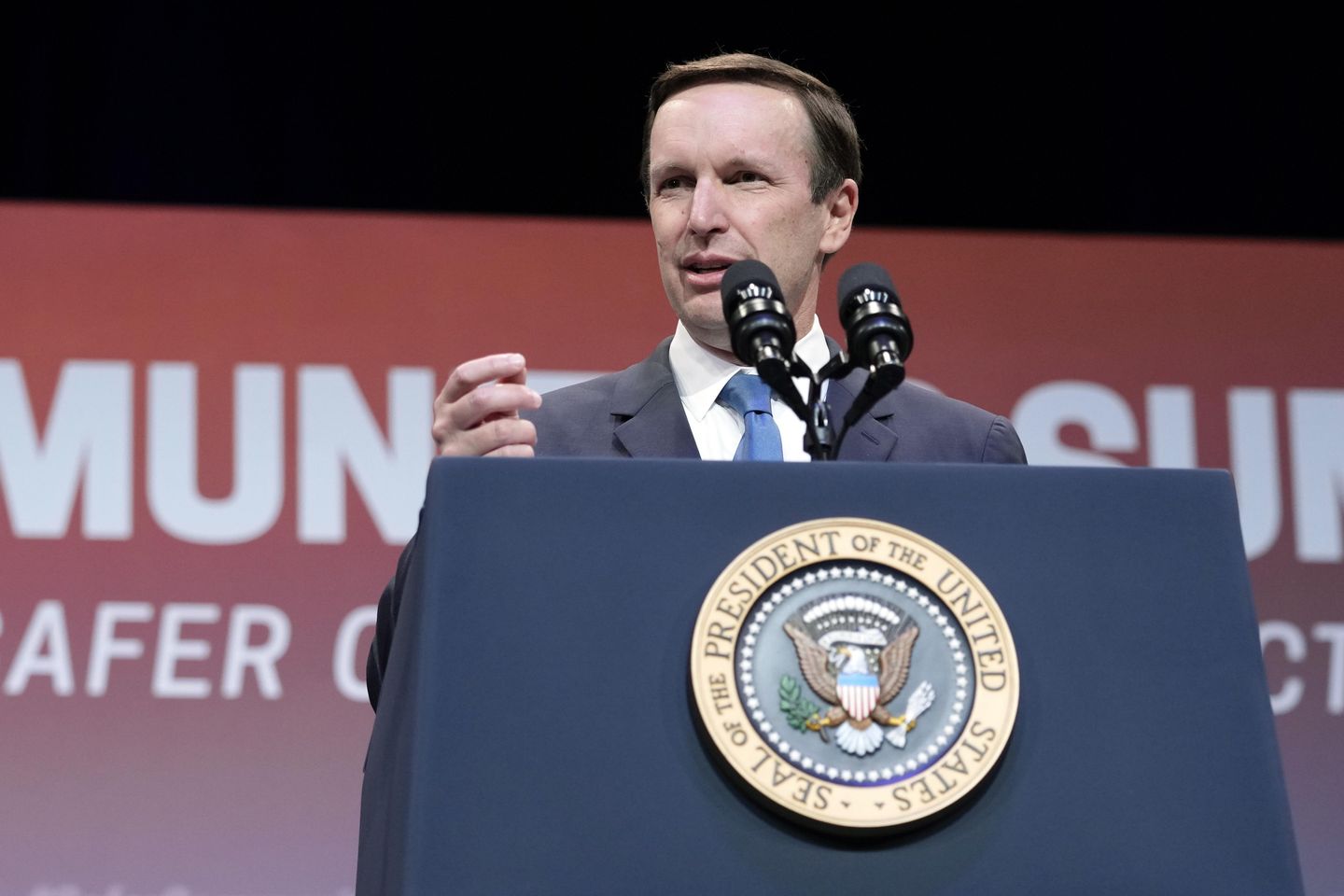
The Democratic senator leading talks with Republicans on a border security and migrant policy deal has a warning for progressives: You’re not going to like it.
“This agreement is not going to make everybody happy,” said Sen. Chris Murphy, Connecticut Democrat. “But I hope that people will refrain from judgment until we have the opportunity to share the full extent of the package.”
A bloc of Senate progressives say they are willing to buck the party, even if it means snubbing an election-year win for President Biden on the border crisis that has become a top issue for voters.
Every vote is crucial if Senate Democrats hope to pass it. If Republicans sink the deal, Democrats also want solid support on their side of the aisle to argue to voters that they tried to fix the border and the GOP wouldn’t let them.
Still, some Senate Democrats don’t want this deal.
“This is not a border issue,” insisted Sen. Alex Padilla, California Democrat. “It’s an atmospheric migration issue.”
Mr. Padilla, whose parents were immigrants from Mexico, said changes to immigration asylum and parole need to be coupled with expanding legal pathways, which appear unlikely to be included.
“It is important that whatever changes we make in our border policies, that they be consistent, both with our values and with national and international law,” said Sen. Elizabeth Warren, Massachusetts Democrat.
With limited detention space and a record flow of migrants across the U.S.-Mexico border, the use of parole to catch and release people has been vastly expanded under Mr. Biden compared to his predecessors. Republicans say limiting presidents’ parole authority is key to stemming the current influx while Democrats counter that such powers are vital.
The monthslong negotiations inched forward this week. Senators hit a new obstacle over how to fund their policies, despite having largely reached an agreement on some changes to immigration laws. No bill text or other details have been released.
Any deal, which will be part of a $110 billion aid package for Israel, Ukraine and Taiwan, will need bipartisan Senate buy-in to clear the chamber’s 60-vote test required for most bills to survive.
The deal faces a far bleaker fate on the other side of the Capitol, where House conservatives and progressives have little appetite for compromise.
There is intense pressure from the right flank in the House — including from former President Donald Trump, the prohibitive frontrunner in the 2024 GOP presidential race — to get tougher border policies in the deal and opposition to tying it to Ukraine war aid.
Mr. Murphy sought to remind his Democratic colleagues what compromise meant.
“This was never going to be just Republican requests,” he said. “This is going to be a combination of Republican priorities and Democratic priorities.”

